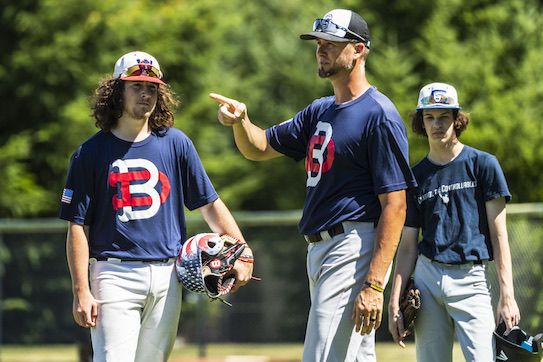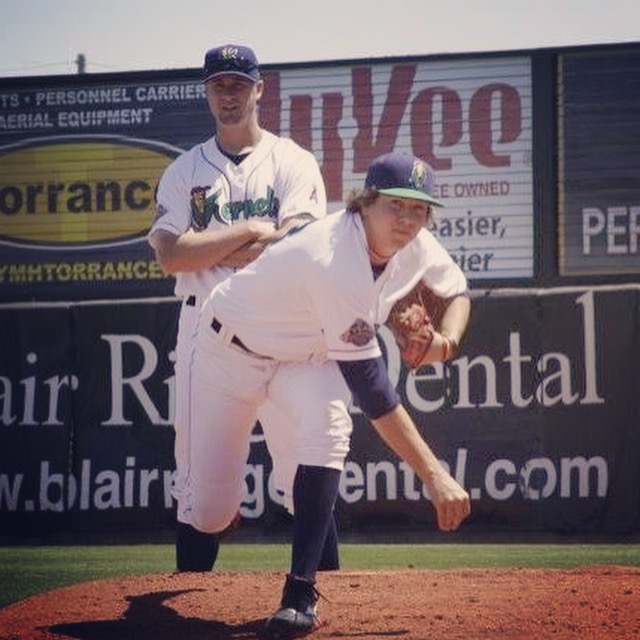 In 2012 I accepted a minor league pitching coach position with the LA Angels. I spent the next 3 years around some great Baseball minds, learned a ton about development but was shocked and surprised when over 50% of our new draftees each year came in with a zipper on their arm (that’s a name for the Tommy John surgery scar). What the heck is going on??
In 2012 I accepted a minor league pitching coach position with the LA Angels. I spent the next 3 years around some great Baseball minds, learned a ton about development but was shocked and surprised when over 50% of our new draftees each year came in with a zipper on their arm (that’s a name for the Tommy John surgery scar). What the heck is going on??
Before my third season, I informed them, the Angels, that would be my last year. I would be committing my time to my family, and the families I worked with back home, full time. They needed me home and my students and their families needed someone to not just help develop their kids as players but they needed someone to help educate them.
While in the pro game, the more and more I got to know my players, build relationships and helped them achieve their dreams, the more and more I started to learn why these kids were coming in as damaged goods.
The odds of a full recovery from one TJ are pretty good now. The odds from a full recovery after your second drops from around a 90% success rate to 65%. The odds of recovering from a third, well let’s just say it’s not that good.
So that means that these young men are coming into pro ball one major injury away from a dream shattered. Let’s remember that this is a wear and tear injury (sure there are cases where a healthy ligament breaks) that should only happen to grown men who have been playing baseball for a living for many years. Not something that kids who have just started shaving are having to go through.
Overuse as a pre-teen, teenager and college player. Not enough rest for their arm in the off season. Attending showcases in the off season months. Training to throw harder but lacking an arm care program. Poor mechanics but no one suggesting a fix for them because the player is having success and generating wins. Pitching in multiple games in the same day. Pitching multiple innings and catching multiple innings in the same day or pitching a high number of pitches one day and then catching multiple innings the next day. Continually throwing more pitches than what their arm is conditioned for year after year. The overwhelming desire to throw fast, faster and to be the one who throw the fastest. Too much down time, no mound work or pitching competitively, between tournament weekends where the arm loses stamina and strength and then making an extraordinary amount of throws over a 2-3 day period and then repeating this cycle week after week, month after month and year after year. There are so many different factors that are leading to this that weren’t present in the youth baseball world before this injury epidemic.
Bottom line, they came in damaged because of what they went through and how they were handled as a young player. Between their 9 year old season through the college years, something went wrong.
When I was drafted in 1996, it was a truly rare thing to hear about a major injury. Fast forward 5 years, the game changed. It slowly started to become the norm to see more and more of these major injuries each year. The more and more I learned about the timeline, the more obvious it became that it all started around the same time that tournament style and showcase baseball exploded. These two things can absolutely be done right, but they obviously are not. There is no one holding anyone accountable when there obviously needs to be. Adults are playing with kids’ future because their desire to win supersedes their common sense.
We will continue to talk about this. As I have said, there is no argument that anyone can bring up that will make any of this ok. It’s abuse, it’s ignorance, it’s ridiculous, it’s absurd, it’s nonsense and it’s flat irresponsible. Adults, it’s time to wake up.
It’s time to make some changes…





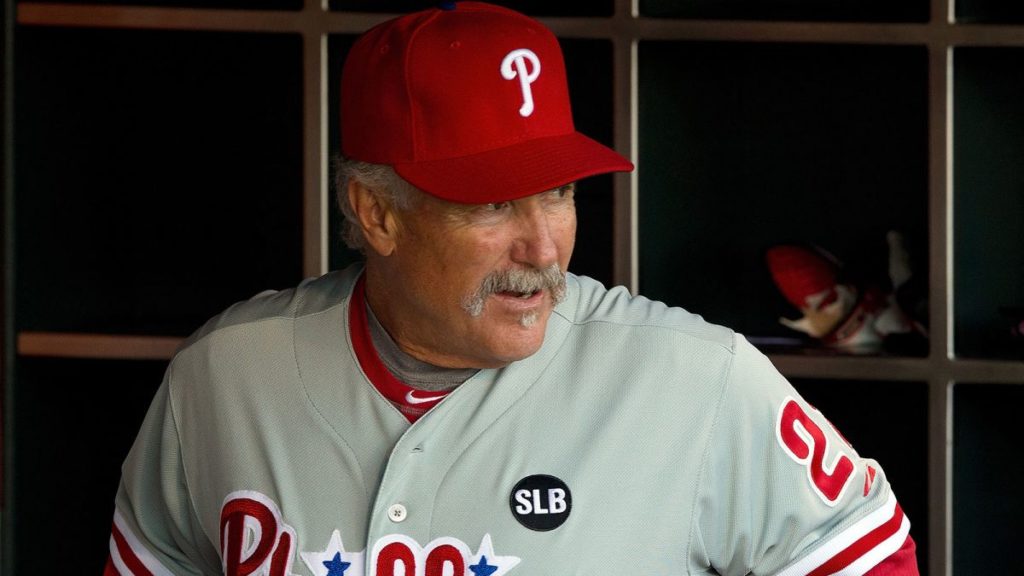
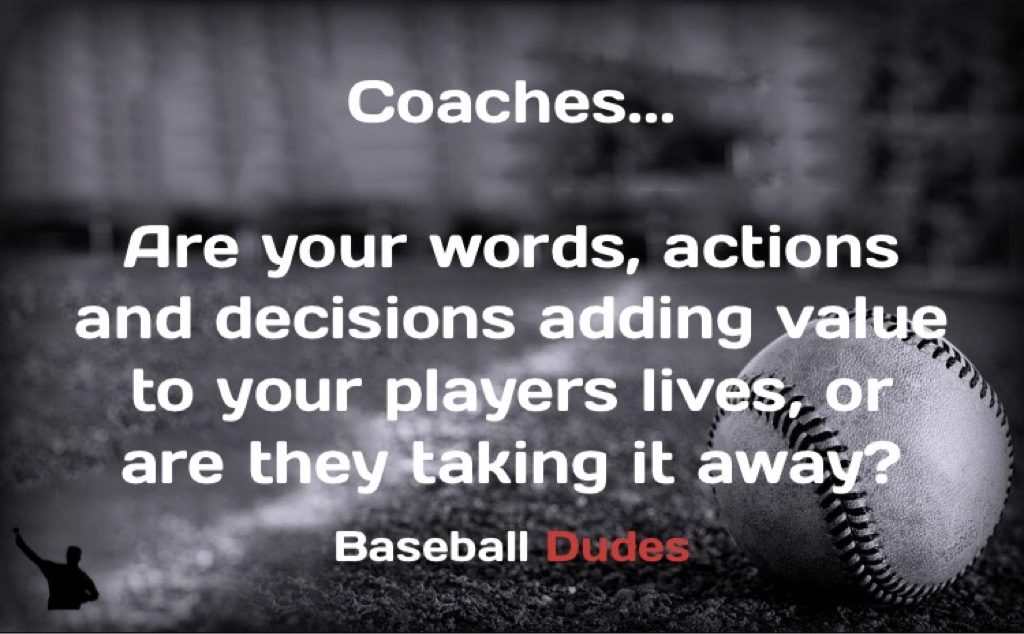 Last Saturday after my oldest sons game, he’s 13, we had our usual post game discussion to cover areas we need to keep working on and areas that they are improving at and doing well. There are three of us coaches (I’m not the head coach, just there to help when I can) and it makes me very happy to hear the message the other coaches are giving these young ones.
Last Saturday after my oldest sons game, he’s 13, we had our usual post game discussion to cover areas we need to keep working on and areas that they are improving at and doing well. There are three of us coaches (I’m not the head coach, just there to help when I can) and it makes me very happy to hear the message the other coaches are giving these young ones.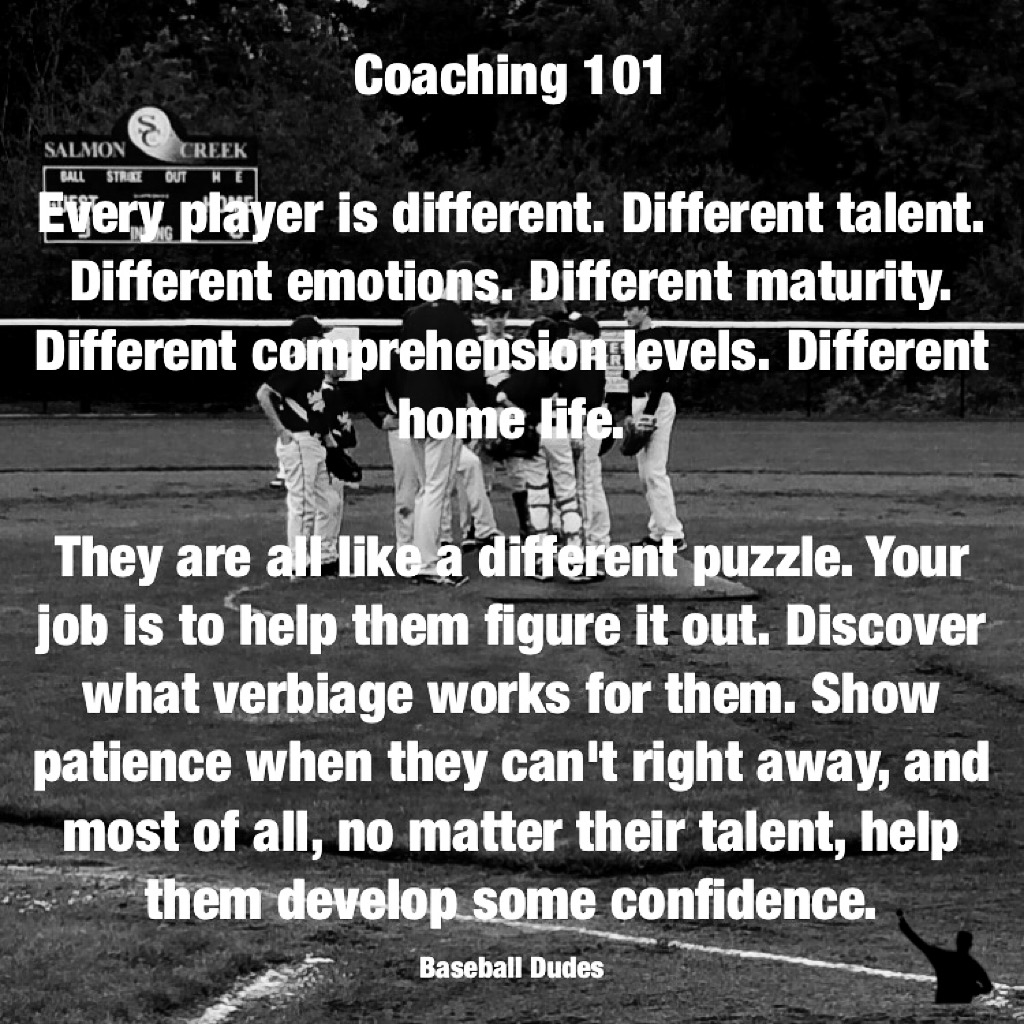 This question comes up every once in a while…
This question comes up every once in a while…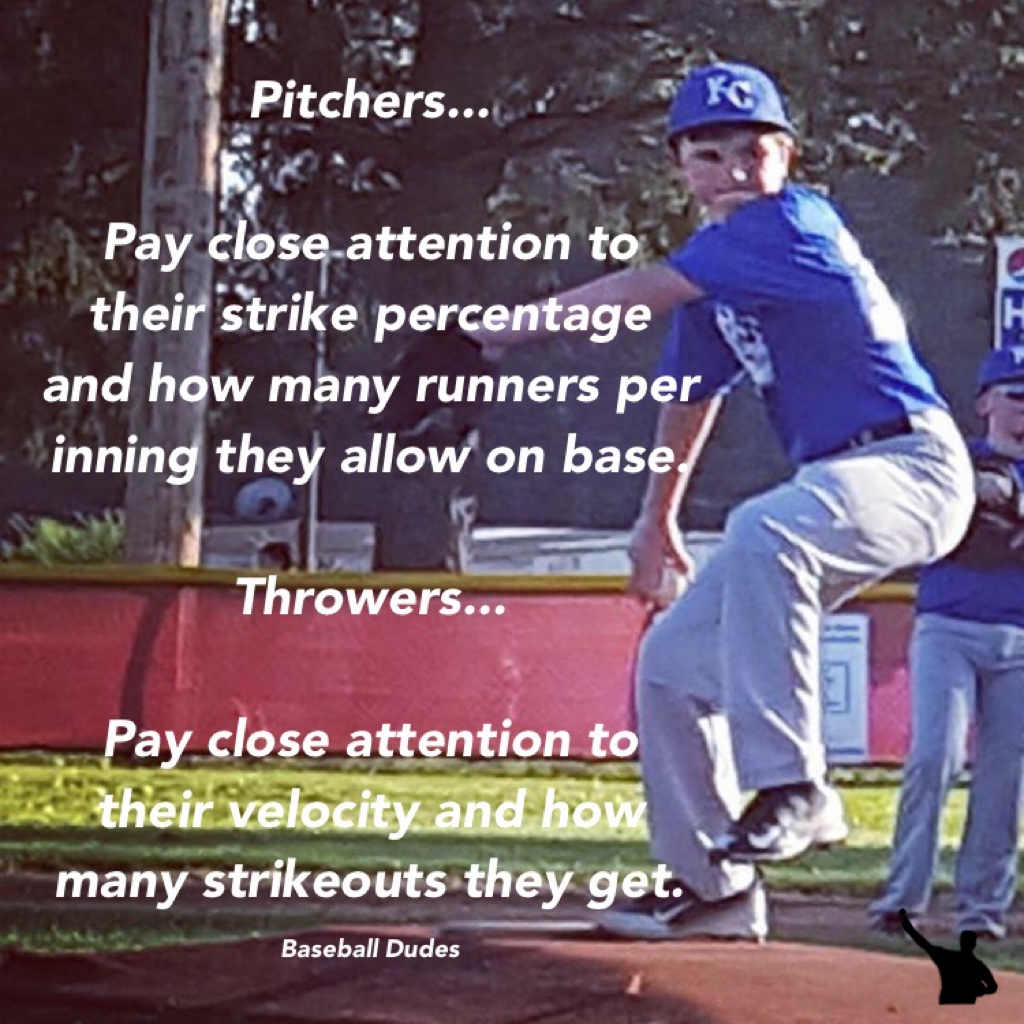 We all love to see a hard thrower. Realistically, when they are younger, they can be the most effective pitchers. The hitters are scared, they tend not to swing, or you see late panic swings as the hitters are on their heels from the beginning.
We all love to see a hard thrower. Realistically, when they are younger, they can be the most effective pitchers. The hitters are scared, they tend not to swing, or you see late panic swings as the hitters are on their heels from the beginning.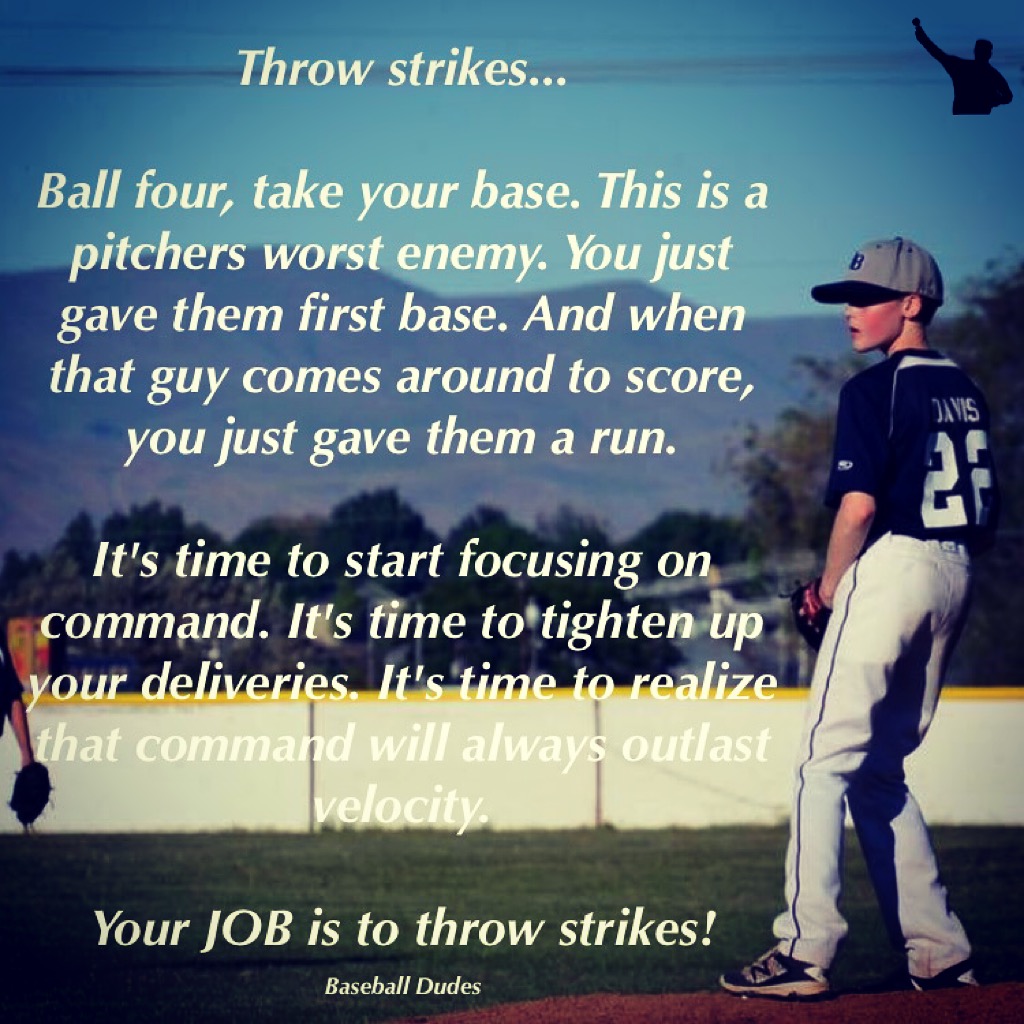
 We talk a lot about helping the players develop game awareness. This is a big.
We talk a lot about helping the players develop game awareness. This is a big. Life experience, playing experience and coaching experience may be the only way to truly understand the importance of this. Too many young coaches will fail in this area simply because they don’t have the experience. Keep in mind too that playing and coaching are two very different skills.
Life experience, playing experience and coaching experience may be the only way to truly understand the importance of this. Too many young coaches will fail in this area simply because they don’t have the experience. Keep in mind too that playing and coaching are two very different skills.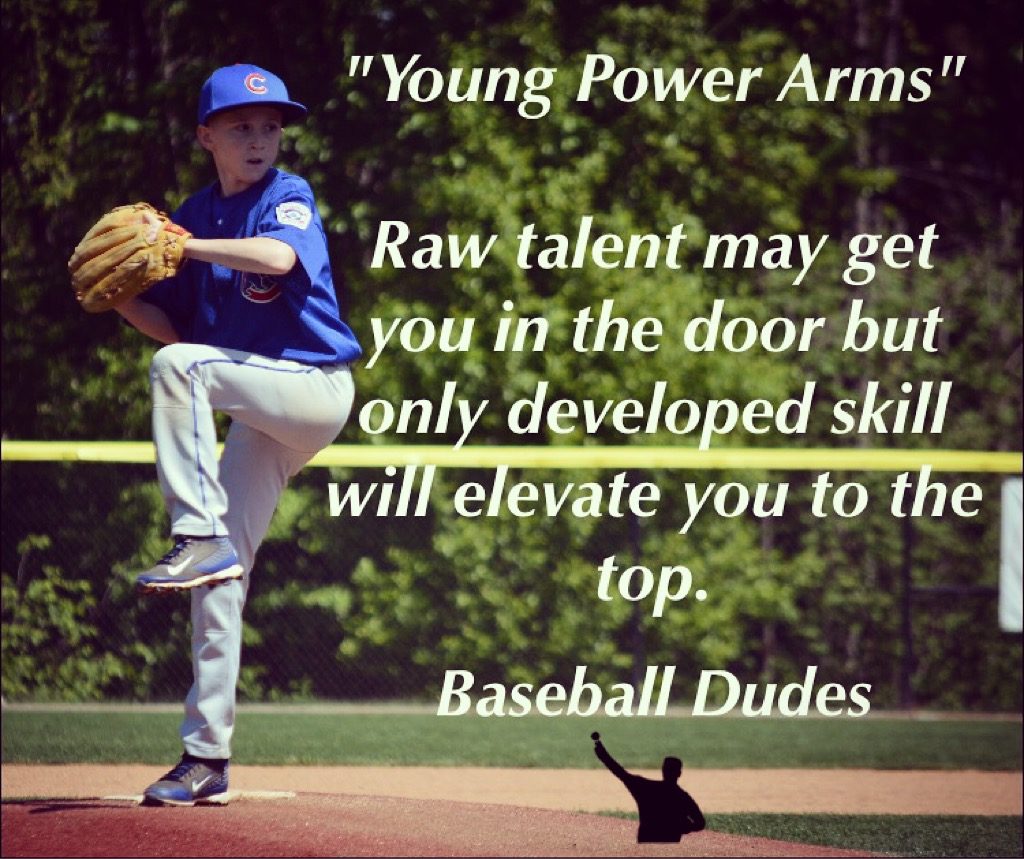 I want to make you aware of some certain truths about your dreams, goals and your future.
I want to make you aware of some certain truths about your dreams, goals and your future.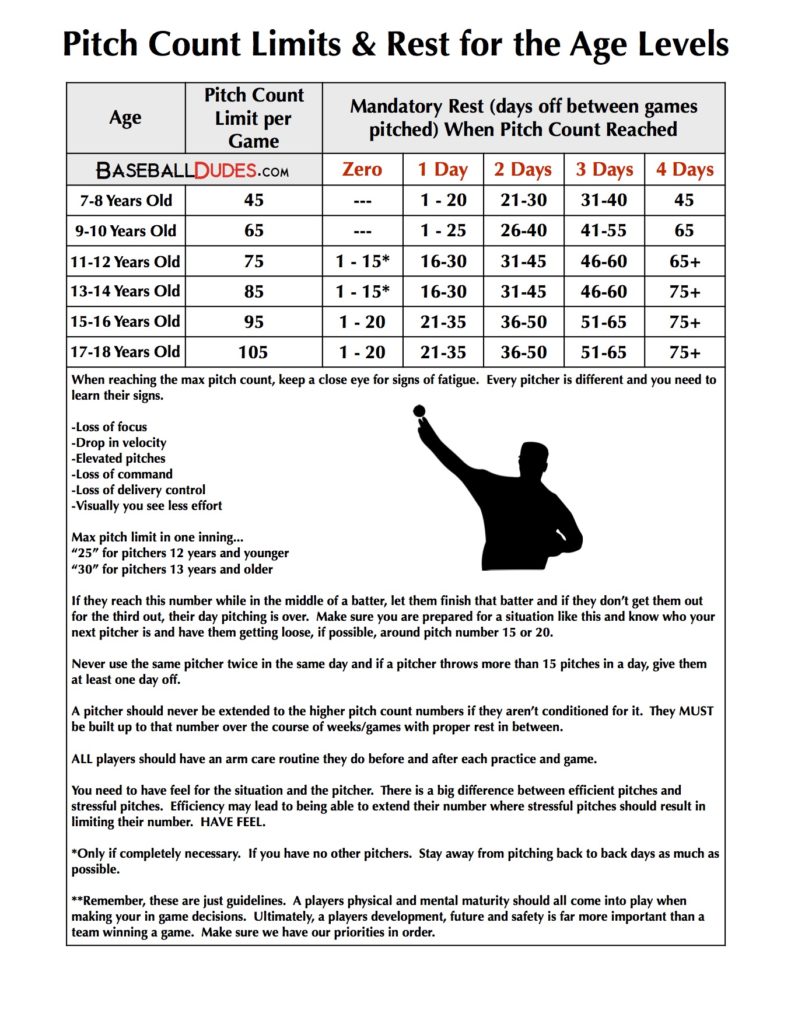 With the 3 day holiday weekend approaching (Memorial Day Weekend), there is a lot of baseball that’s going to be played across the nation.
With the 3 day holiday weekend approaching (Memorial Day Weekend), there is a lot of baseball that’s going to be played across the nation.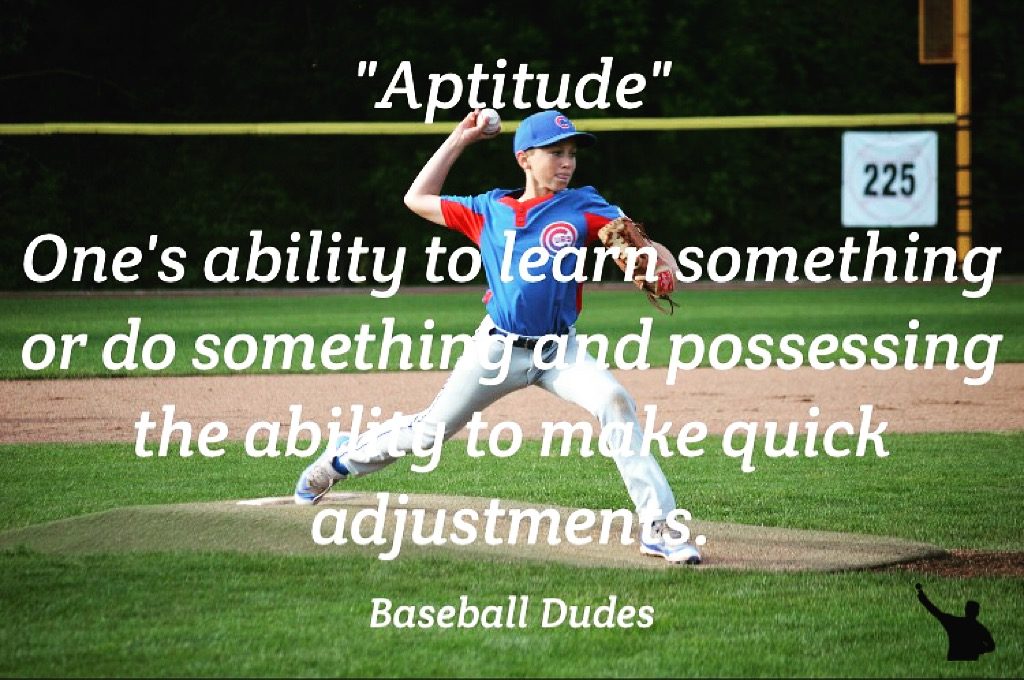 This word is used often amongst coaches at the higher levels of this game.
This word is used often amongst coaches at the higher levels of this game. I first experienced “Dead Arm” as a young professional. It’s painful. It’s annoying. If it gets bad enough, it feels like your arm will break at any moment with each throw. It can even wake you up at night. It sucks!!
I first experienced “Dead Arm” as a young professional. It’s painful. It’s annoying. If it gets bad enough, it feels like your arm will break at any moment with each throw. It can even wake you up at night. It sucks!!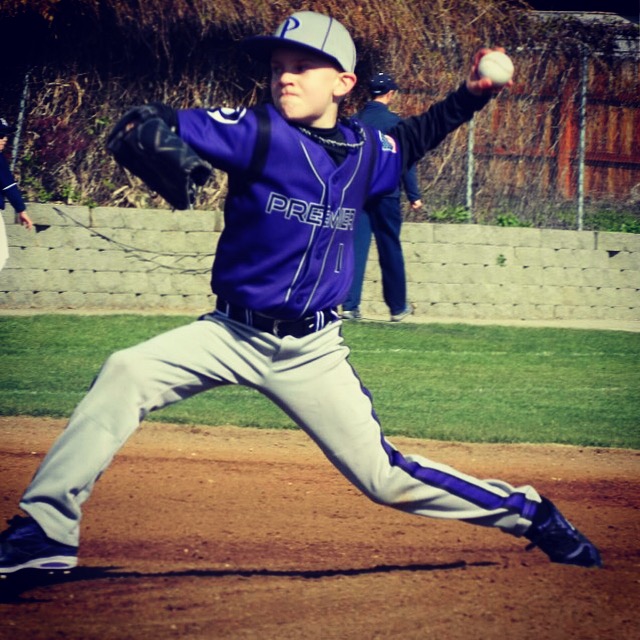 What does it mean to “Condition” an arm and why is it important?
What does it mean to “Condition” an arm and why is it important?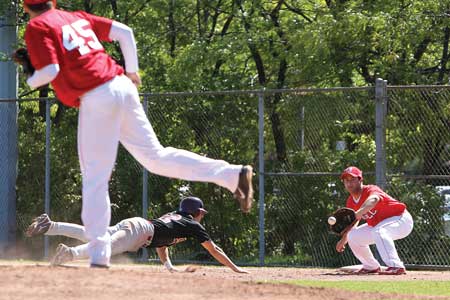 Such an important piece as our young ones are preparing for their baseball life on the big field and their High School career and hopefully beyond.
Such an important piece as our young ones are preparing for their baseball life on the big field and their High School career and hopefully beyond. Having had many teammates and many coaches, there’s one common theme with the best. The ones who saw more long term success. The coaches who had the most trust from their players.
Having had many teammates and many coaches, there’s one common theme with the best. The ones who saw more long term success. The coaches who had the most trust from their players.